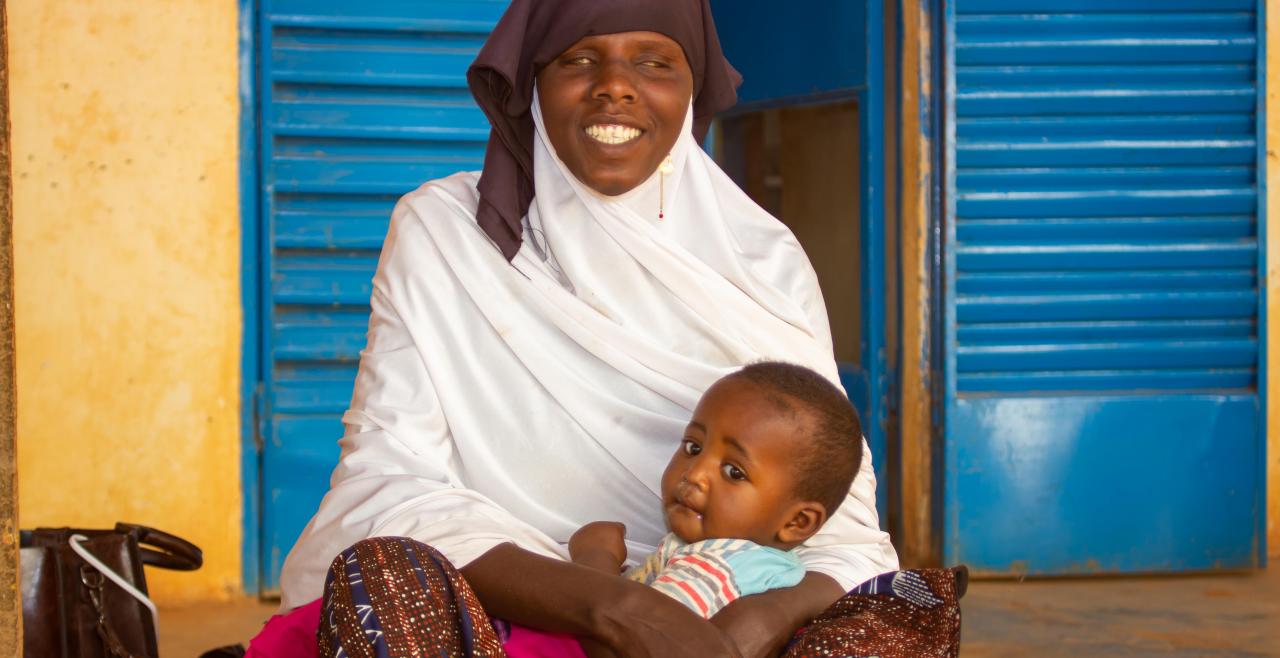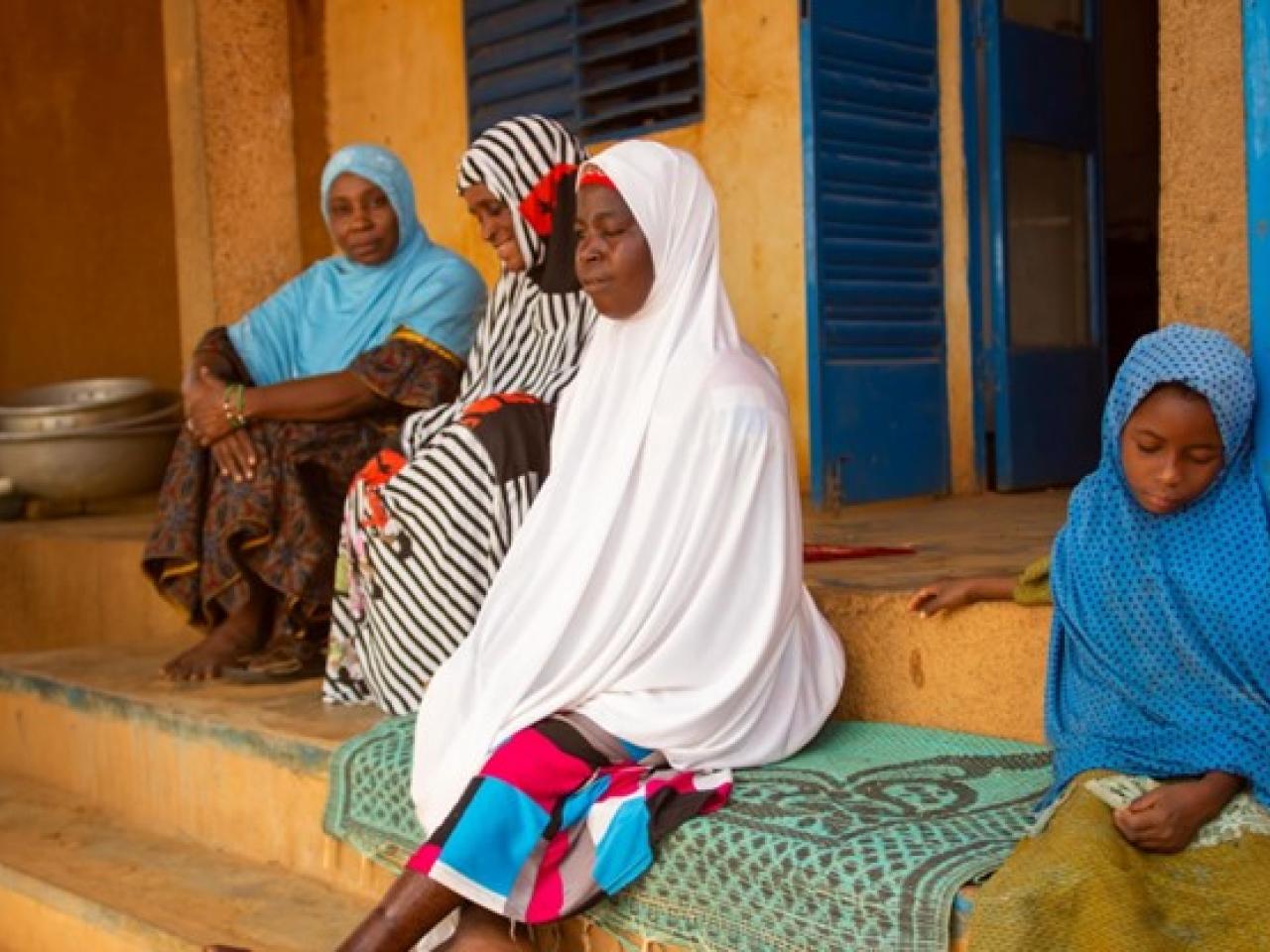In Niger, equal opportunities for women and girls with disabilities benefits the whole community

TAHOUA, Niger - With a smile on her face, Oumal khayr Abdoussalam, 30, breastfeeds her young child. In addition to caring for her baby, Ms. Abdoussalam teaches religious sciences to 40 young girls and women in her neighbourhood.
She is a pillar of her community, but Ms. Abdoussalam says things could have turned out very differently if not for her family’s unwavering support. Ms. Abdoussalam went blind at the age of 10 after contracting meningitis that was treated too late. When her father decided to enroll her in Koranic school, people discouraged him from doing so. "People used to ask my father: ‘What is the advantage of taking your blind daughter to the makaranta (Koranic school)?’ But my father did not listen to them,” she says.
"People used to ask my father, What is the advantage of taking your blind daughter to the Koranic school?" - - Oumal khayr Abdoussalam, 30
Ms. Abdoussalam quickly distinguished herself and the teacher chose her as an assistant to teach others. Today, she continues to work as an educator and is glad that her community understands that her disability does not affect her capacity to do her job.
“Thanks to the support of the Spotlight Initiative, organizations have understood, through repeated awareness sessions, the importance of welcoming vulnerable people and people living with disabilities in their daily lives,” says Ms. Abdoussalam.
Women preachers are very popular in Niger as women find it easier to talk to them and unlike imams, they are able to make house calls. Ms. Abdoussalam uses her influential position to advocate against harmful practices, such as child marriage.
"Thanks to the support of the Spotlight Initiative, organizations have understood the importance of welcoming people living with disabilities in their daily lives.” - Ms. Abdoussalam
“The marriage of girls who are too young is violence. People often use the Islamic argument to justify the marriage of little girls, but they refer to a fact out of context,” she says. “As a preacher, I know that even if I do not have the power to prevent parents from marrying their daughter before the legal age, I have the duty to sensitize them and advise them to delay the union to allow their daughter to study if she wishes.”
Her efforts have not been in vain – in her school, there have been no cases of child marriage.
With the support of the Spotlight Initiative, women's organizations and the public are increasingly making efforts to create inclusive environments. Ms. Abdoussalam is proof that when equal opportunities are given to all women and girls, the entire community benefits.
By Fatou Binetou Dia

